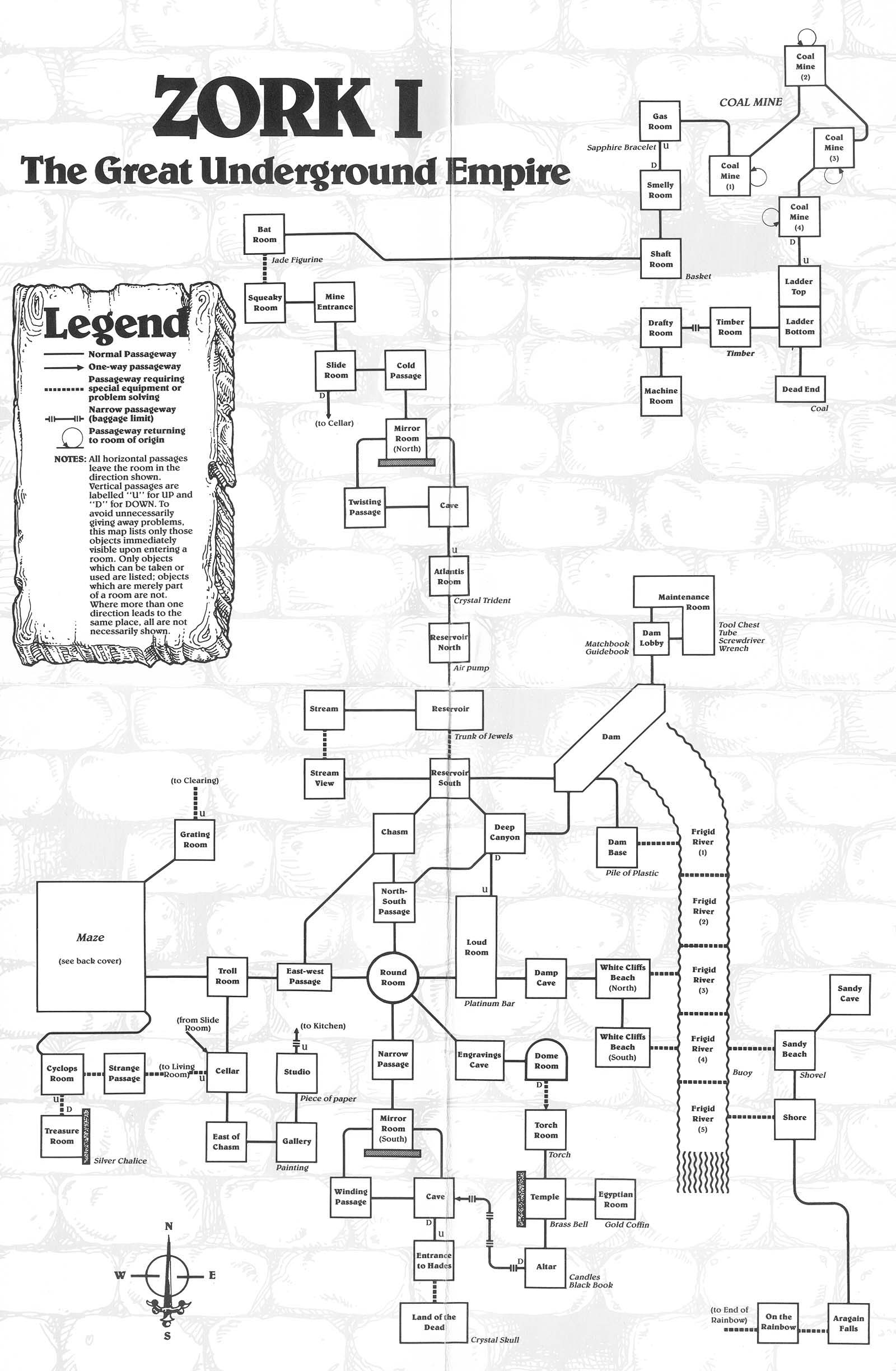Posted on 09/10/2014 2:54:42 PM PDT by BBell
Using ground-penetrating radar and other high-tech devices, archaeologists at Stonehenge have discovered a complex of monuments buried beneath Britain's iconic paleolithic shrine.
(Excerpt) Read more at csmonitor.com ...
ping
LOL, you got me.
Ah-Sham seems to be a Muslim word. It’s not even phonetically close, and used to describe an infantry unit.
Good article, now for the map to be released.
I meant al-sham
And it was at risk of being trodden on by a dwarf.
Not to be confused with al-dente
Archaeology is a science.
ping

Origin of “amen?” Not knowing any ancient languages, the only word I can come up with is Amon/Amun, the Egyptian god. The word works as a chant, as one can hear at many sporting events today, and possibly could have crept into liturgical use, jumping into either Judaism or Christianity during their historical associations with Egypt. But that’s just a wild guess.
Secret societies often built structures underground so they could conduct their ceremonies in secret.
lol!
Thanks BBell and Rodamala.

Found it!

Well, DUH! The Pandorica is buried there!
Mark
While I can't speak to the Christian use, in Hebrew...
Amen is the liturgical response now used not only in Judaism but also in Christianity and Islam. The word has the same Hebrew root as emunah (faith) and is also connected with the word emet meaning "truth." The idea expressed is of firm trust, acceptance, and reliability.
Amen is found in a variety of contexts in the Bible (Numbers 5: 22; Deuteronomy 27: 15; 16, 17, 18, 19, 20, 21, 22, 23, 24, 25, 26; I Kings I: 36; Isaiah 65: 16; Jeremiah II: 5; 28: 6; I Chronicles 16: 36; Nehemiah 5: 13; 8: 6; Psalms 41: 14; 72: 19; 89: 52; 106: 48). Louis Ginzberg has translated amen as "So be it" or "So shall it be" and has described it as "perhaps the most widely known word in human speech." Defining the Word
A late second-century teacher in the Talmud takes the initial letters of amen to represent el melekh neeman, "God, Faithful King." A later Jewish commentator to the prayer book interprets homiletically the initial letters as: ani moser nafshi, "I offer up myself as a sacrifice." A rabbinic saying has it that one who responds amen to a benediction is greater than the one who recites the benediction. The reason given for this statement by the medieval sages of England is that the one who responds with amen also hears the benediction itself and, since "to hear is akin to pronouncing," he has to his credit both the amen and the benediction.
From: http://www.myjewishlearning.com/practices/Ritual/Prayer/Prayer_Music_and_Liturgy/Amen.shtml
For what it's worth, I remembered the "El Melech Neaman" from Hebrew School when I was young.
Mark
Same origins (Muslim/Arabic) but defined as “sun-god”.
Still not phonetically even close.
Disclaimer: Opinions posted on Free Republic are those of the individual posters and do not necessarily represent the opinion of Free Republic or its management. All materials posted herein are protected by copyright law and the exemption for fair use of copyrighted works.